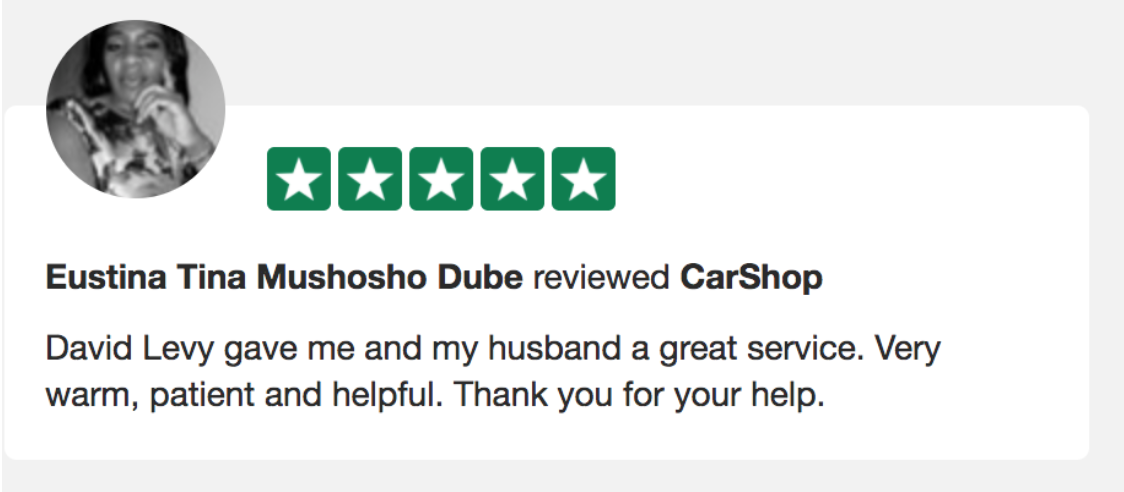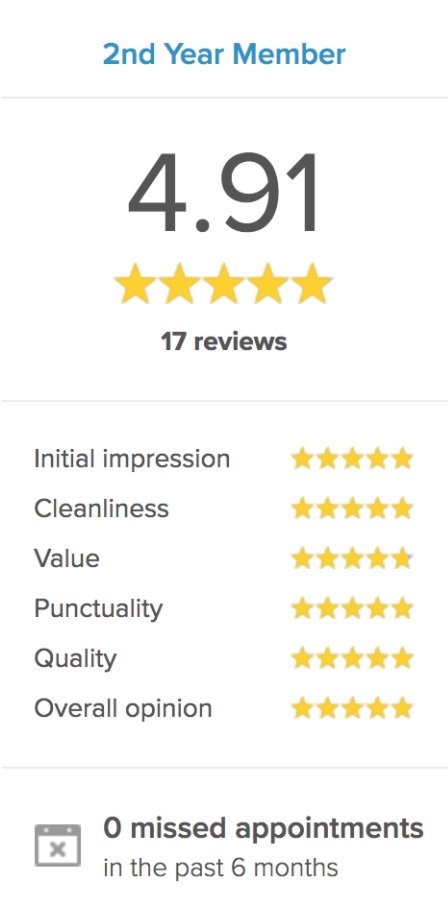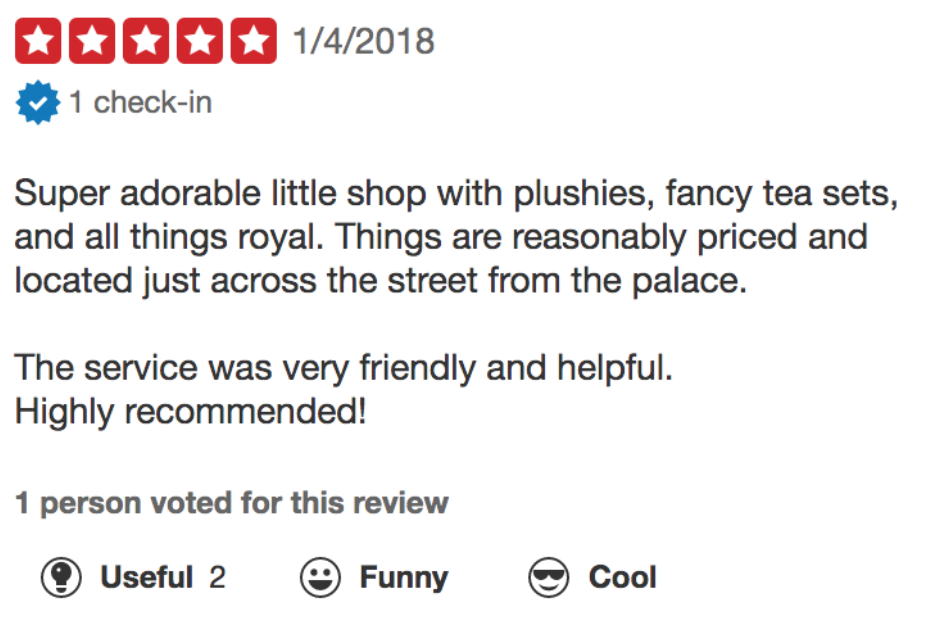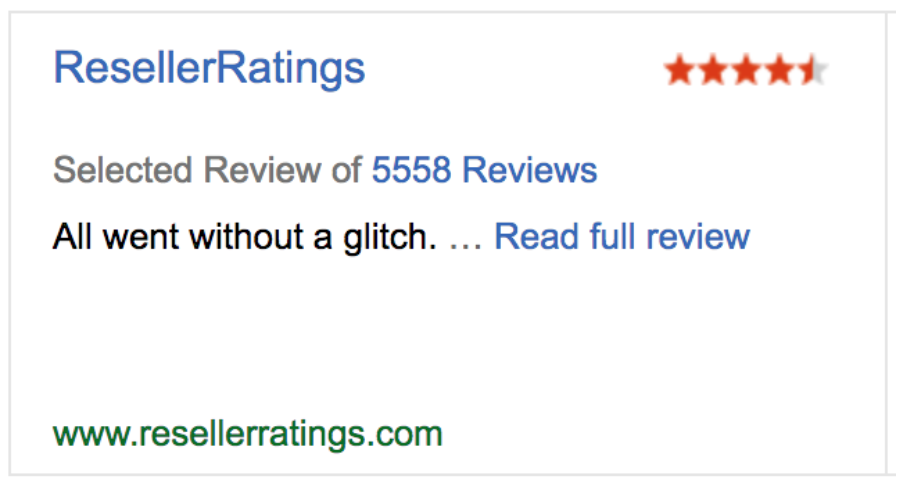Search engines and businesses have long been in love with reviews. They help new customers trust you and provide a valuable piece of data on how well you deliver goods or services. Google even uses online reviews as part of their rankings algorithm. With star ratings or other ranking systems, reviews also provide a shorthand to help consumers choose where to spend their money.
With this in mind, which review service should you use? Since there are currently no sites that review review sites, (million pound idea?) it can be very hard to understand which reviews you should be aiming to get. Before you slam your laptop closed in despair and move on to something else, let us help you find the best review site for you.
Paid or Free?
90% of consumers read reviews before visiting a business. That makes reviews very valuable. There are lots of paid and free options. For ease of understanding we will just focus on two to begin with: TrustPilot (paid) and Google (free). The first thing you should know is that TrustPilot and Google actually work together. If you have ever seen the yellow 5 star review under someone’s organic or paid listings, chances are those stars are from a TrustPilot review. The choice to go paid or free really boils down to budget and time. If you have the money to pay for reviews, TrustPilot can add the star ratings to your Google SERPS as well as other locations. There is evidence to show that this increases CTR. TrustPilot also helps you get reviews quickly without the hassle of having to personally chase your clients. They even have an analytics tool available.

In contrast, Google reviews have fewer tools available, but it is free. In terms of sheer numbers, Google reviews are the reviews used most often online which can be extremely advantageous. Customers are often familiar with the platform and understand how to leave and read reviews. The fact that they are the dominant search engine in most countries probably has something to do with that. In an ideal world you would use TrustPilot and Google reviews as they mesh well and combine to provide some great benefits.

Niche or Broad
Most review sites either allow users to review all businesses or they stick to a single industry. A good example of this is Facebook (broad) vs TrustATrader (niche). Facebook will allow reviews of any business currently on their platform. TrustATrader only wants to review tradespeople like plumbers, carpenters and electricians.


The main deciding factor here is the size of the review site and your niche. There are too many niche review sites that simply do not receive enough traffic to be worthwhile. If you can find one that drives lots of traffic then it is probably worth trying to get reviews on it. You just have to remember that the site must be well known by your customers, not just in your industry circle. An easy way to choose which option to go with is to do a survey of your customers. Did they read reviews, if so where did they read them? Ask them if they have heard of any of the niche review sites that may be in your industry. You can also check where your website referral traffic is coming from on Google Analytics. This gives you an idea of which types of sites to target.
Social Or Not
Social media can be a great place to bolster your credibility with good reviews. Yelp is a good example of a social review platform. The other option would be somewhere like Bing Places For Business. This is Bing’s version of Google Reviews. It is not a social media platform but still gets loads of traffic.

A good rule of thumb when choosing between social reviews or more traditional review sites is to look at your audience. If you are a B2B company social is probably not for you because social media is more consumer facing. You should also look at the demographics of the average user on the social platform. For example, if you are trying to sell life insurance on Instagram then you are going to have a problem. The Instagram demographic is quite young and the platform is an escape from real life so users are probably not looking for insurance. A platform like Bing might be better for business to business and it actually targets people who are more likely to be decision makers.

If you are looking for an easy way to decide whether or not to use social, think about what your audience are doing when they are looking for you. If they are at work then they are probably not on social media. If they are at home looking for fashion advice then social media is probably for you.
New vs Established
Some companies already have a number of reviews on one or more websites. This begs the question, do you keep building reviews on those sites or switch to a new site? The answer to this depends on your results. A good reviews site should be sending referral traffic to your business that you can track with Google Analytics. If you have lots of reviews on one review site but it is not driving any traffic to your site that could be a sign that no one is seeing those reviews. Building up a critical mass or reviews on a new site may take a serious investment in time, but if your current reviews are not helping you it is time to make a change.
Review Site Stats
Check out these stats on some of the most common review sites.
Bing places for business: Predominantly US Focused. Bing attracts older people who are less tech savvy.
Foursquare: Popular in the US but with a following in many other countries. Slightly more men than women and popular among people under 29. Most Foursquare users do not have a university education.
Facebook: Popular among men and women in all age groups and locations. Used by all income and education levels.
Google Reviews: Worldwide usage by both men and women. Younger demographic of users who are more likely to be white collar.
If you need help creating a review strategy, Plug & Play can help. Our experts can find the perfect review sites for you and help you encourage great new reviews with current and previous customers.
Related Articles
What is schema and why should you use it?
